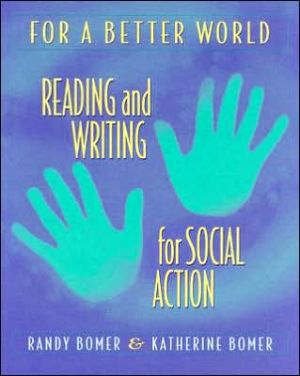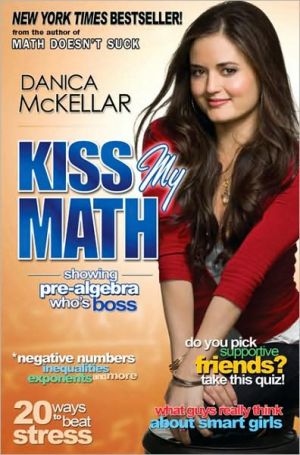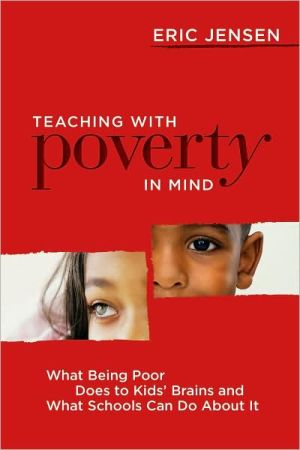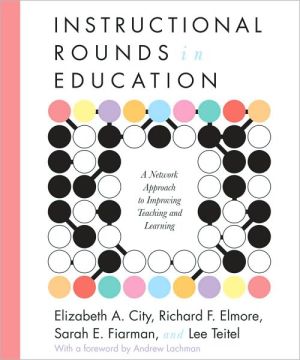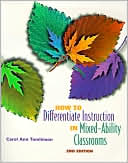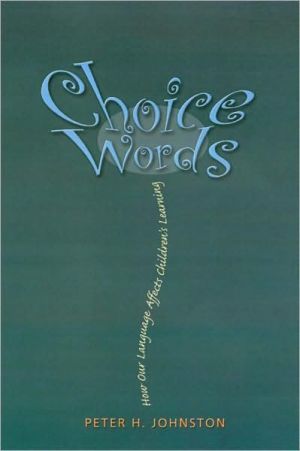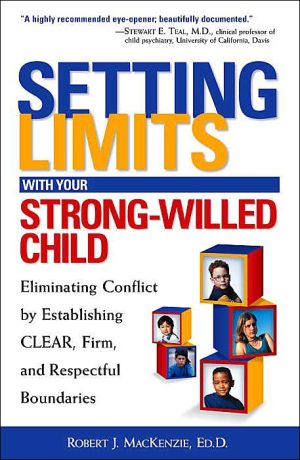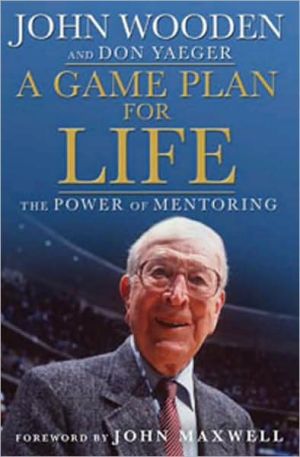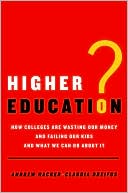For a Better World: Reading and Writing for Social Action
Randy and Katherine Bomer present a new vision of curriculum - one that invites students to read with important social ideas in mind and write with the purpose of making the world a better place.
Search in google:
With For a Better World, Randy and Katherine Bomer present a new vision of curriculum - one that invites students to read with important social ideas in mind and write with the purpose of making the world a better place. Developed in years of classroom experience with diverse children, the book will help more experienced teachers take the next step in their professional growth, while providing newer teachers with a picture of how the largest purposes in democratic education connect to the details of teaching.A unique, reader-friendly guide for bringing critical literacy into reading and writing workshops, For a Better World demonstrates how to: support students' writing for public purposes and connect their personal writing to important social issues facilitate more meaningful talk in the classroom develop students' language and concepts for discussing significant social and political ideas in response to literature help students inquire into the daily politics of classroom life integrate social studies, writing, and literature in experiential, inquiry-based ways assure that all students have access to a rich and meaningful education for social justice. VOYA A professional resource worthy of perusal, the Bomers' book challenges classroom teachers to model civic responsibility through action and teach the process to students. Based upon the premise that "learning to use literacy to obtain or accomplish something is a cultural norm and a political predisposition, one that adults must pass on to children," this work proposes methods rooted in the authors' own experiences. Although Randy Bomer's secondary students clearly understand how "keeping a writers notebook is writing to think," a topic covered more in-depth in his Time for Meaning: Crafting Literate Lives in Middle and High School (Heinemann, 1995), this text more closely examines Katherine Bomer's democratic fourth-grade classroom. Samples of student writing abound to illustrate the process used and the struggles encountered. She readily shares questions she had throughout the process in a way that encouraged this reviewer to further her work in the current school year and helped to formulate questions and plans for future classes. When all is done, Katherine asks "what are [our students] learning... if all their excitement and effort come to naught... [and] they are faced... with... their ultimate lack of power?" From tips for generating critical reading and instructions for structuring a democratic classroom "using the language of democracy and justice," through ideas for and examples of student writing for social action, the Bomers' book is for all teachers who want to help their students gain a voice in society. Index. Biblio. 2001, Heinemann, 208p, Winfield
Back to BasicsJustice in So Many WordsCritical Conversations in ReadingDemocracy Beyond WordsManaging VulnerabilityDemocratic ClassroomsNoticing the WorldCollaboration and CraftTeachers as Political AgentsBreaking the Silence
\ VOYAA professional resource worthy of perusal, the Bomers' book challenges classroom teachers to model civic responsibility through action and teach the process to students. Based upon the premise that "learning to use literacy to obtain or accomplish something is a cultural norm and a political predisposition, one that adults must pass on to children," this work proposes methods rooted in the authors' own experiences. Although Randy Bomer's secondary students clearly understand how "keeping a writers notebook is writing to think," a topic covered more in-depth in his Time for Meaning: Crafting Literate Lives in Middle and High School (Heinemann, 1995), this text more closely examines Katherine Bomer's democratic fourth-grade classroom. Samples of student writing abound to illustrate the process used and the struggles encountered. She readily shares questions she had throughout the process in a way that encouraged this reviewer to further her work in the current school year and helped to formulate questions and plans for future classes. When all is done, Katherine asks "what are [our students] learning... if all their excitement and effort come to naught... [and] they are faced... with... their ultimate lack of power?" From tips for generating critical reading and instructions for structuring a democratic classroom "using the language of democracy and justice," through ideas for and examples of student writing for social action, the Bomers' book is for all teachers who want to help their students gain a voice in society. Index. Biblio. 2001, Heinemann, 208p, Winfield\ \
